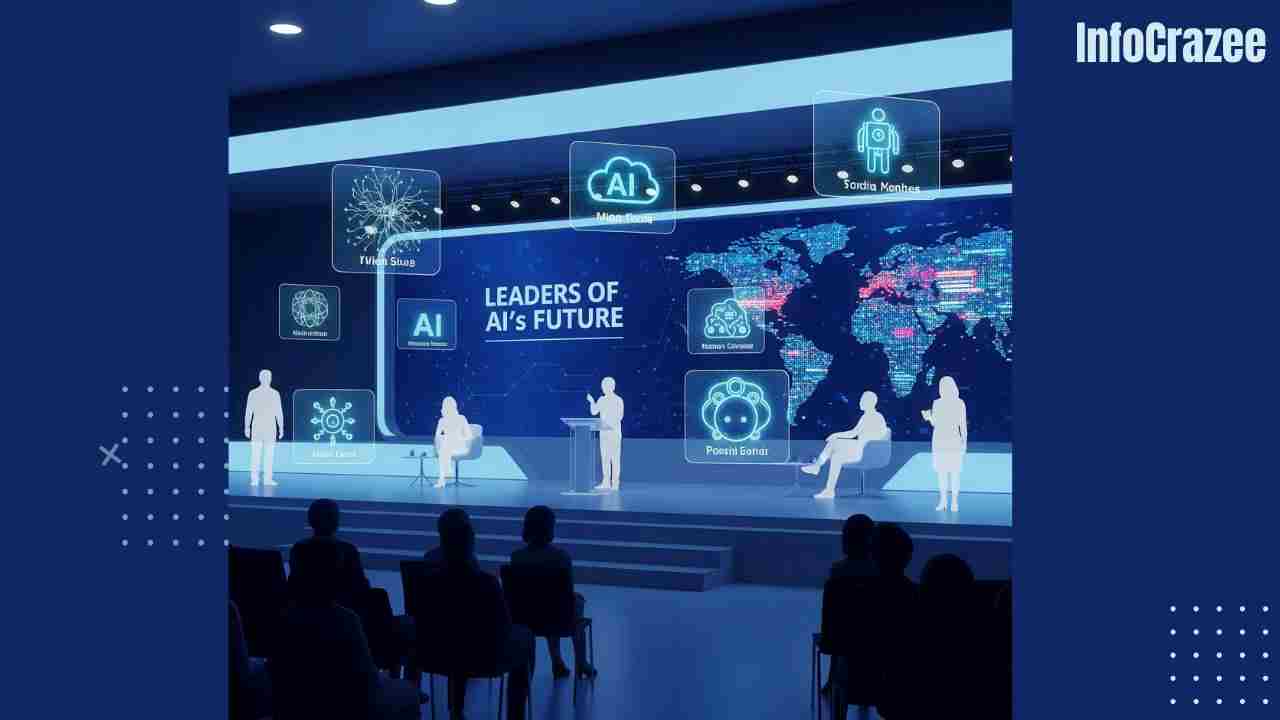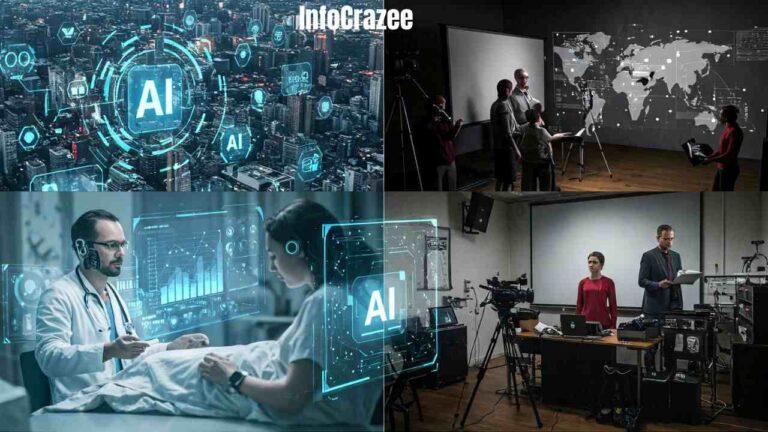Top 10 Chief AI Officers Leading the Future of Artificial Intelligence
Artificial Intelligence (AI) is transforming our world, from how we work to how we live. Behind this revolution are Chief AI Officers (CAIOs), the brilliant minds steering companies toward smarter, more innovative futures. These leaders don’t just tinker with tech—they’re shaping strategies, tackling ethical challenges, and making AI work for everyone. At Infocrazee, we’re excited to spotlight the top 10 CAIOs who are pushing AI to new heights in 2025. Let’s meet these trailblazers and see how they’re paving the way for a brighter, AI-driven tomorrow.
What Does a Chief AI Officer Do?
Think of a CAIO as the captain of a ship navigating the wild seas of AI. They’re not just coding wizards; they blend tech know-how with business smarts to guide their companies. Their job? Craft AI strategies, ensure ethical practices, and turn complex algorithms into real-world wins. Whether it’s improving customer service or revolutionizing healthcare, these leaders make AI practical and impactful.
The Top 10 Chief AI Officers to Watch in 2025
Here’s our roundup of the CAIOs who are making waves in AI, drawn from their groundbreaking work across industries. Each one brings a unique spark to the table, and their stories show why AI is more than just tech—it’s about people and progress.
1. Parminder Bhatia – GE HealthCare
- What They Do: Leads AI initiatives to transform healthcare.
- Why They Stand Out: Parminder is all about using AI to save lives. At GE HealthCare, he’s building AI platforms that make medical devices smarter and patient care better. Imagine AI catching a health issue before it becomes serious—that’s the kind of impact he’s driving.
- Cool Fact: Recognized by AI Magazine in 2023, Parminder’s work on generative AI is setting new standards for healthcare innovation.
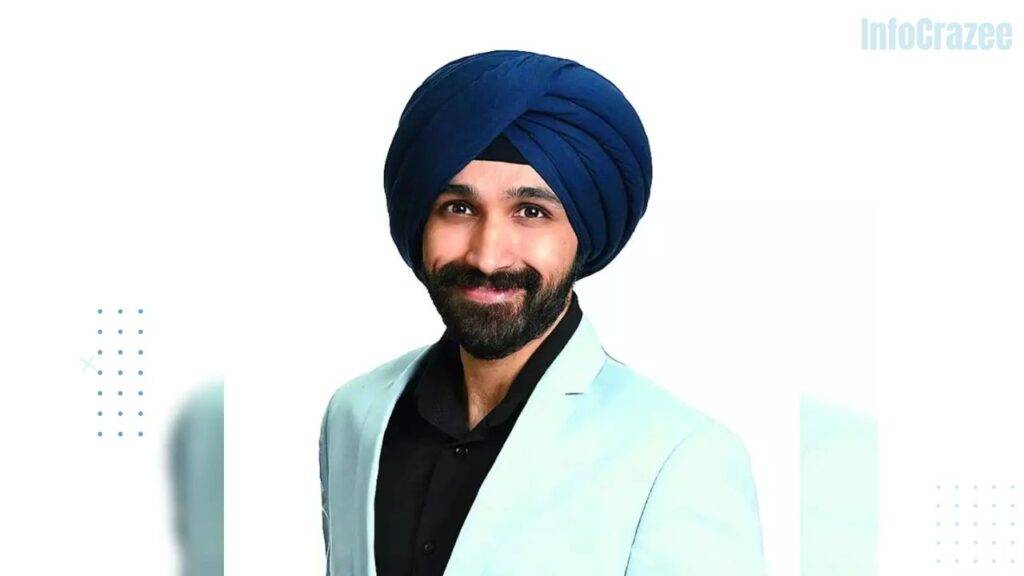
2. Sachin Katti – Intel
- What They Do: Shapes Intel’s global AI strategy.
- Why They Stand Out: Sachin is making AI work at the edge—think real-time solutions for mobile networks. His work on full-duplex radio tech is like giving your phone a superpower to handle data faster.
- Cool Fact: He founded Uhana, a company using AI to optimize mobile networks, before joining Intel to take things global.
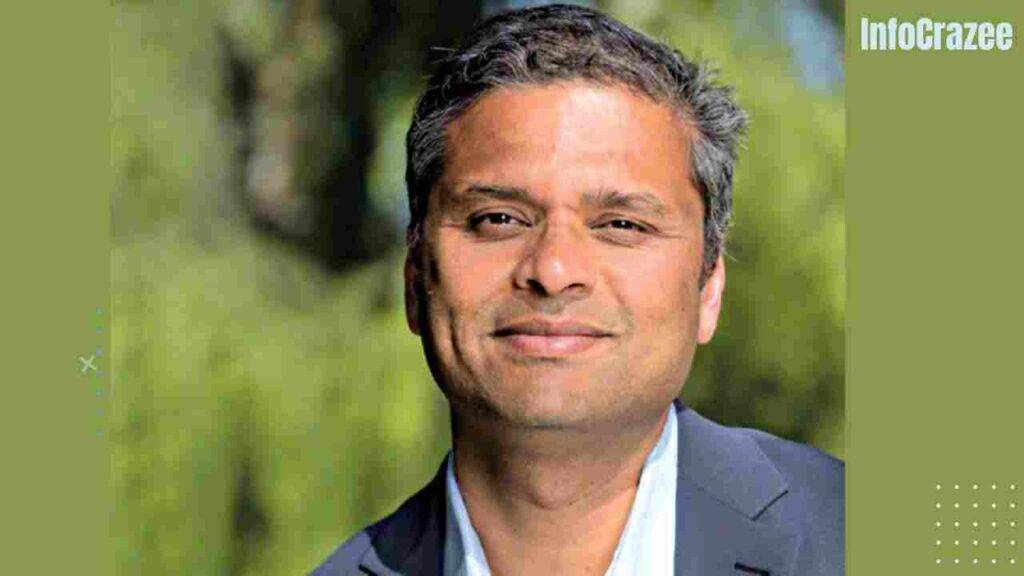
3. Sulabh Soral – Deloitte AI Institute (UK)
- What They Do: Drives human-machine collaboration at Deloitte.
- Why They Stand Out: Sulabh’s all about teamwork—between humans and AI. He’s helping businesses use AI to make smarter decisions, from finance to fleet management, in what he calls the “Age of With.”
- Cool Fact: With 20 years in data science, Sulabh’s ideas are shaping how global companies think about AI.
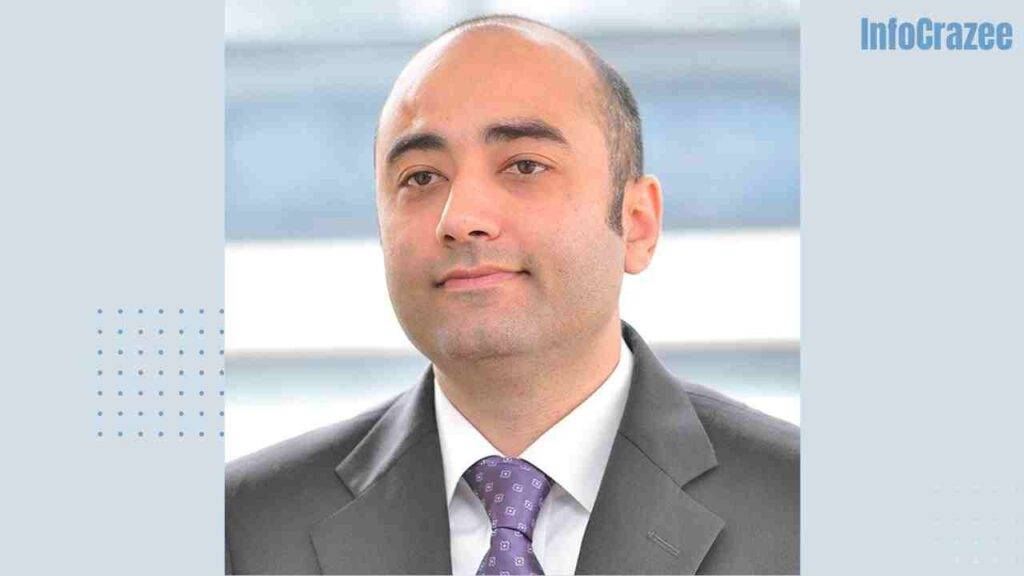
4. Mahesh Calavai – TVS Motors
- What They Do: Integrates AI into manufacturing and mobility.
- Why They Stand Out: Mahesh is revolutionizing how vehicles are made and driven. His AI-driven solutions at TVS Motors are making production faster and smarter, like using AI to predict maintenance needs.
- Cool Fact: He’s bringing AI to two-wheelers, making rides safer and more efficient.

5. Prag Sharma – Citigroup
- What They Do: Heads Citi’s AI Centre of Excellence.
- Why They Stand Out: Prag is making banking smarter with AI. From fraud detection to customer service, he’s ensuring Citi stays ahead with ethical, cutting-edge solutions.
- Cool Fact: As one of only 10 Citi Tech Fellows globally, Prag’s influence is huge.
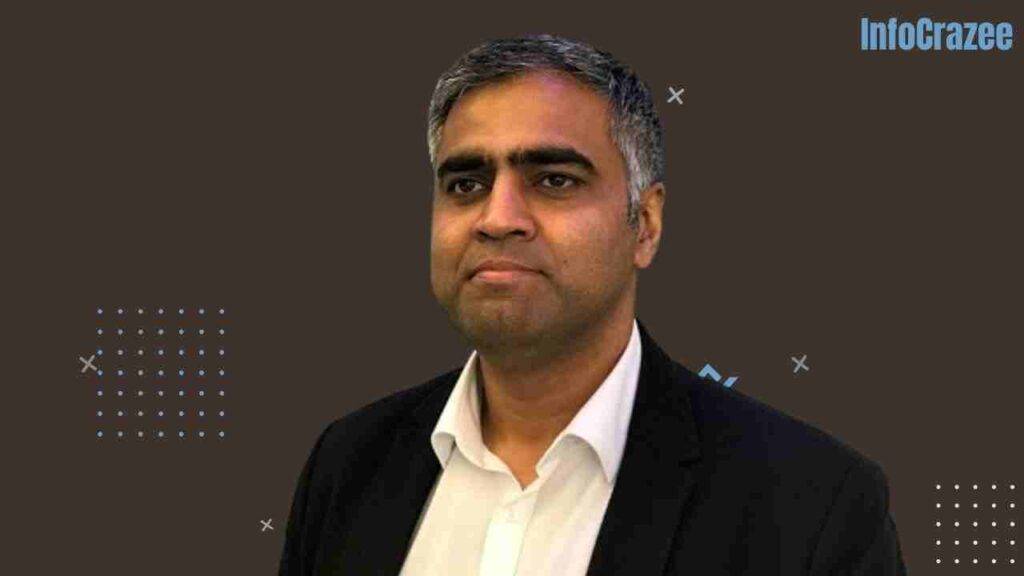
6. Philippe Rambach – Schneider Electric
- What They Do: Uses AI for sustainable energy solutions.
- Why They Stand Out: Philippe’s mission is to fight climate change with AI. At Schneider Electric, he’s creating tools to make energy use more efficient, helping the planet one smart grid at a time.
- Cool Fact: His work shows AI isn’t just about profit—it’s about making the world a better place.

7. Mike Mason – Thoughtworks
- What They Do: Accelerates generative AI adoption.
- Why They Stand Out: Mike’s helping companies worldwide embrace AI by weaving it into their software processes. It’s like giving businesses an AI makeover.
- Cool Fact: With over 20 years at Thoughtworks, Mike’s seen tech evolve and knows how to make AI practical.

8. Lan Guan – Accenture
- What They Do: Leads Accenture’s Centre for Advanced AI.
- Why They Stand Out: Lan’s building AI agents for industries like finance and media. Her goal? Create 100 industry-specific AI solutions by 2025.
- Cool Fact: She holds over 10 AI patents and helped found Stanford’s Human-Centered AI Institute.
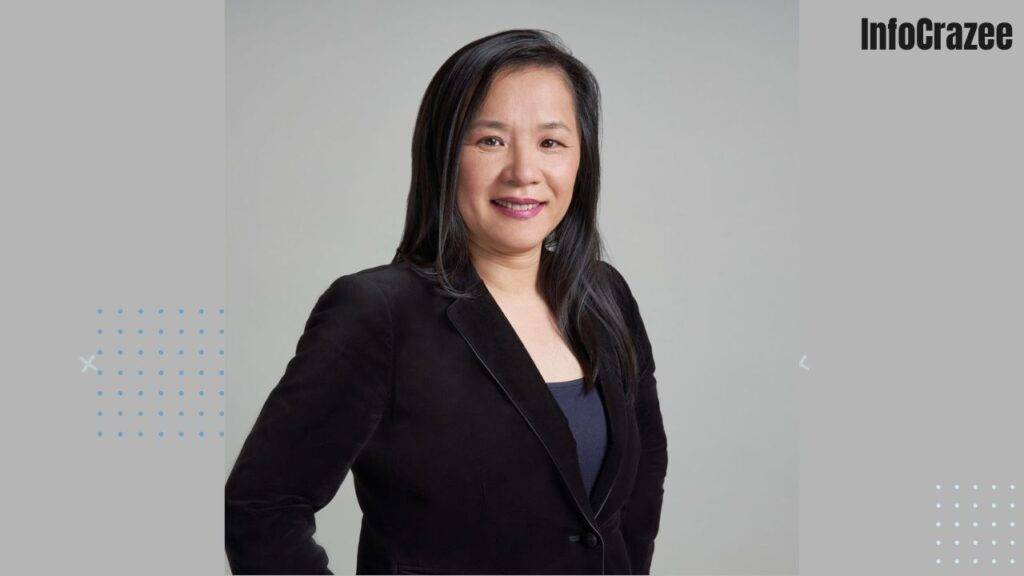
9. Abdulla AlJaziri – Dubai Electricity and Water Authority (DEWA)
- What They Do: Enhances utility services with AI.
- Why They Stand Out: Abdulla’s using AI to make Dubai’s energy and water systems smarter, improving efficiency and customer service.
- Cool Fact: With 12 years of digital transformation experience, he’s making utilities future-ready.
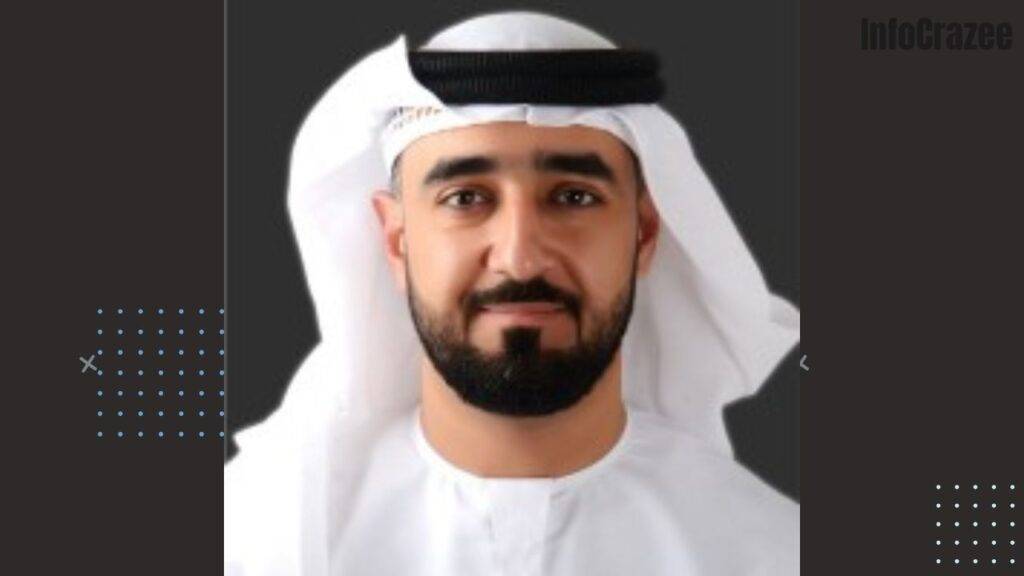
10. John Roese – Dell
- What They Do: Drives Dell’s global AI strategy.
- Why They Stand Out: John’s turned 800 AI ideas into eight high-impact projects, boosting everything from tech support to engineering productivity.
- Cool Fact: He believes the CAIO role is temporary—once AI’s baked into Dell’s DNA, his job’s done.

Why These Leaders Matter
These CAIOs aren’t just tech geeks—they’re visionaries. They’re tackling big challenges like ethical AI, data privacy, and making sure AI benefits everyone. Their work is proof that AI isn’t just about fancy algorithms; it’s about solving real problems, whether it’s better healthcare, greener energy, or smarter banking. At Infocrazee, we’re inspired by how they’re making AI human-centered and impactful.
What’s Next for Chief AI Officers?
The CAIO role is still new, but it’s growing fast. As AI evolves, these leaders will keep bridging the gap between tech and business, ensuring AI doesn’t just dazzle but delivers. They’ll face challenges like keeping up with AI’s rapid pace and addressing ethical concerns, but their track records show they’re up for it.
FAQs About Chief AI Officers
What skills does a Chief AI Officer need?
A CAIO needs a mix of tech skills (like understanding AI and data science), business savvy to align AI with company goals, and soft skills like communication to lead teams and manage stakeholders. Ethical know-how is also key to ensure AI is used responsibly.
How is the CAIO role different from a CTO or CIO?
While CTOs and CIOs focus on broader tech or IT strategies, CAIOs zero in on AI—crafting strategies, managing AI projects, and ensuring ethical use. Their role often overlaps with CTOs or CIOs, but it’s laser-focused on AI’s unique challenges and opportunities.
Why are CAIOs becoming more common?
AI’s booming, and companies need dedicated leaders to navigate its complexities. With 13% more organizations adding AI executive roles since 2022, CAIOs are in demand to drive innovation and stay competitive.
Final Thoughts
The future of AI is bright, and these 10 Chief AI Officers are lighting the way. From healthcare to energy, they’re showing how AI can solve real-world problems while keeping ethics and impact in focus. Stay tuned to Infocrazee for more insights on the leaders and trends shaping our tech-driven world!
